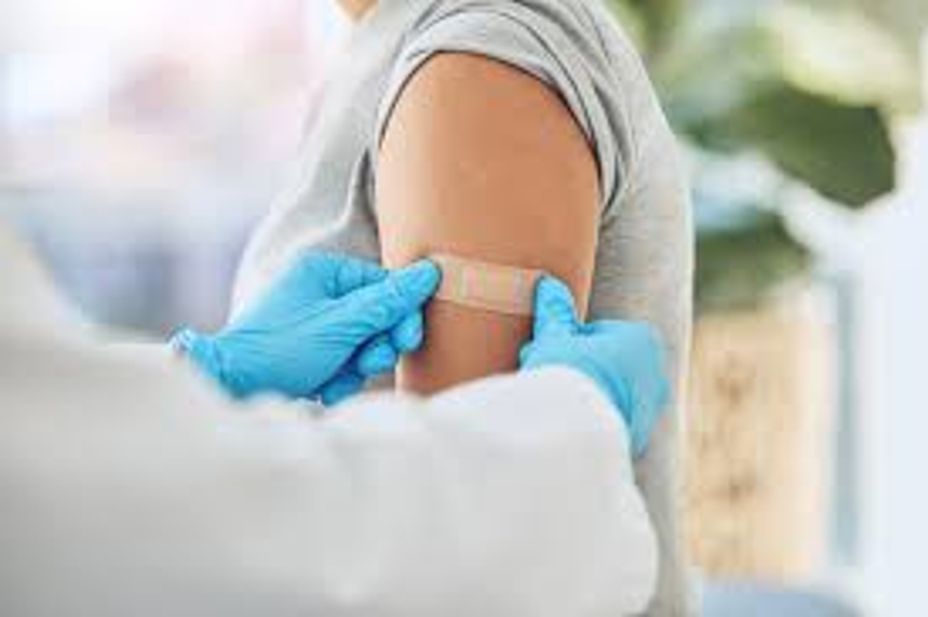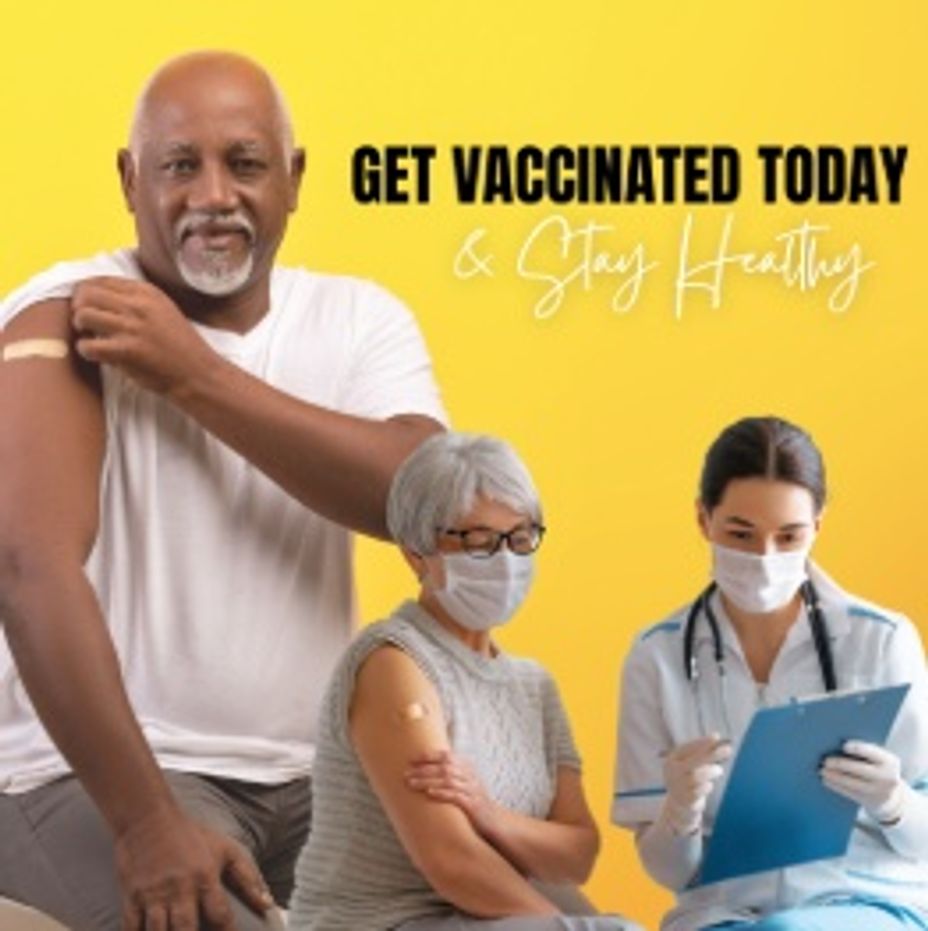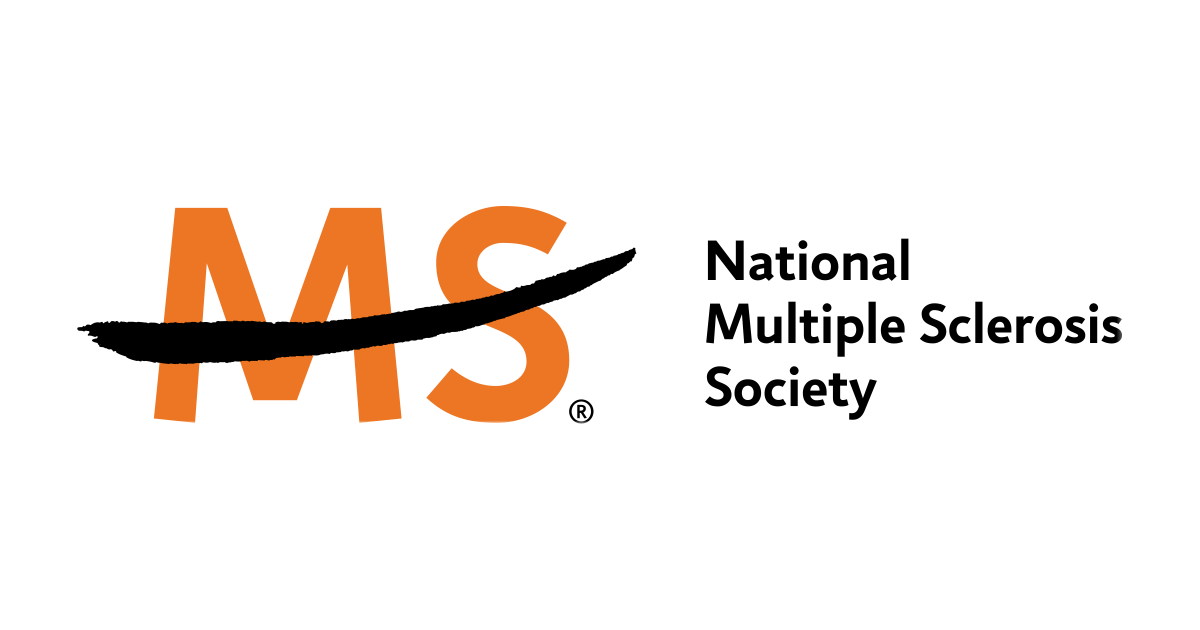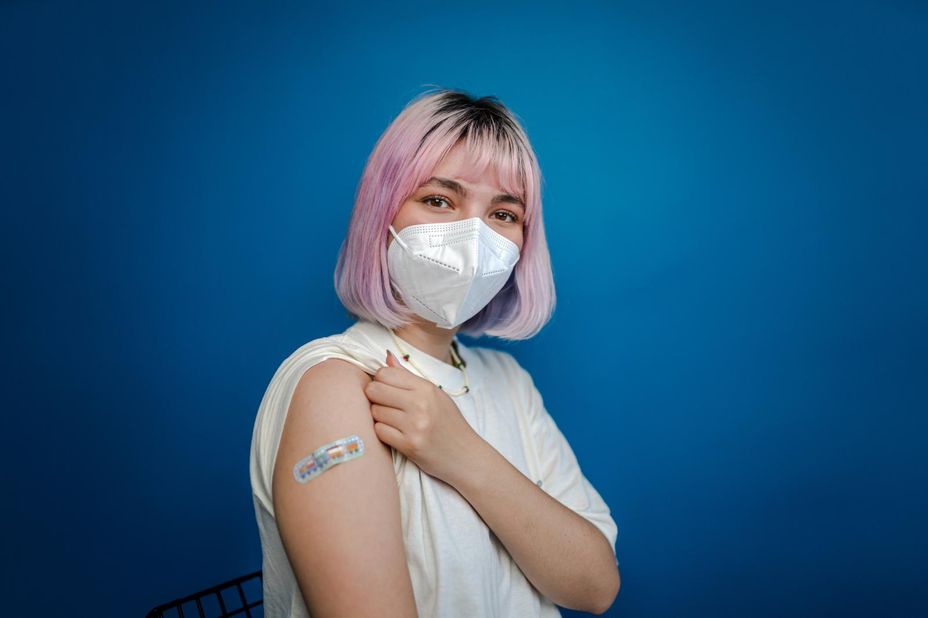I was hanging with a good friend of mine tonight whom i haven’t seen in days as he was sick (“guy friend” as I constantly refer him as here). After a while, he had to leave and said, “I have to go to a Christmas party. I’m doing it out of courtesy”. Now the “lady friend” whom he seems fond of at times is working this Christmas party as she works at this bar the party is at (a bar he frequents). I had to leave myself to attend a choir concert so in my head I was like “whatever” (yet steaming mad at the same time) but I couldn’t help but wonder what he meant by “out of courtesy”. My brain could be just fried lately as this guy sends me constant mixed signals and I am also severely overworked at work lately but I keep going “what does that even mean..only going out of courtesy”. How would you interpret that statement? He was literally just sick with RSV, claimed he came by work just to see me but then ran off to go to a party “out of courtesy”. He kept telling me today he still feels weak but is running around like crazy today and has no problem going to a party but made sure to stress he is only going “out of courtesy”. I, of course, make the comment of “oh so you will see lady friend?” And he laughs and goes, “lady friend? You always call her lady friend”. I said “well what else should I call her” and he giggled at me and goes , “ahh, what am I going to do with you, my K..she isn’t anything”. Now I wonder what does he even mean? I feel like I can’t even understand him anymore at times. Part of me thinks he is full of you know what when he says she’s nothing because if she was nothing then why are you texting with her, going to that bar constantly (when he claims he isn’t the “bar type”), etc. Ugh!!!!
I also think he is pushing himself way too much too soon as he just got clearance yesterday to slowly get back into things and is not contagious (thank goodness too bc I have long term respiratory issues and if I end up getting sick, it’ll take me a long time to recover). How would you interpret all this? Again, it may be so simple to interpret but I’m just way too fried mentally, emotionally and physically that even the simplest things are making my head spin! Emotionally especially..I’m beat! #MentalHealth #Depression #Relationships #Anxiety





